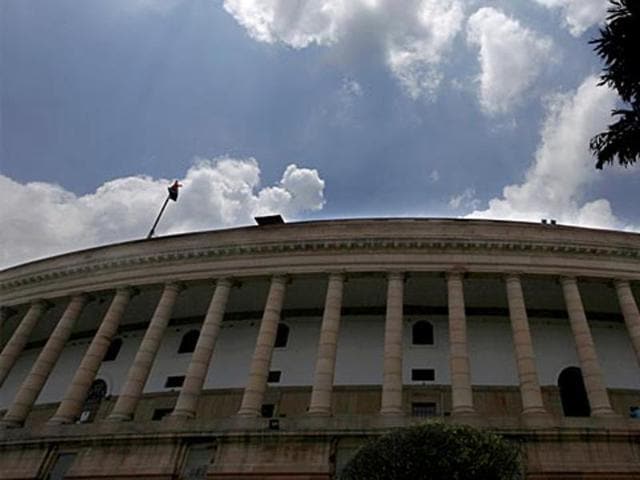Why Parliament’s monsoon session is critical for GST roll out from April 2017
India’s plan to roll out a goods and services tax (GST) and create a common national market has missed several deadlines, including the last one of April 1, 2016. The next deadline, in probability, looks to be set at April 1, 2017. But, the wait could get longer if the Parliament fails to ratify the landmark 122nd Constitution Amendment Bill in the monsoon session that begins on July 18.
India’s plan to roll out a goods and services tax (GST) and create a common national market has missed several deadlines, including the last one of April 1, 2016.

The next deadline, in probability, looks to be set at April 1, 2017. But, the wait could get longer if the Parliament fails to ratify the landmark 122nd Constitution Amendment Bill in the monsoon session that begins on July 18.
Once adopted, GST will dramatically alter India’s indirect tax structure by replacing a string of central and local levies such as excise duty, value added tax and octroi into a single unified tax and stitch together a common national market.
If Parliament fails to pass the Bill in this session, it will further delay the process of getting it ratified in at least half of the state assemblies.
The Bill’s holdup until the Parliament’s winter session, which usually runs till December-end, could mean most state Assemblies will be able to take up the legislation not before their respective budget sessions in February-March next year, the same time around which Assembly polls in five states-- Uttar Pradesh, Punjab, Uttarakhand, Goa and Manipur--are likely to be held.
This will, in turn, push back the enactment of the supplementary and subordinate legislations that will have to be passed after the main central law is enacted.
These include the state GST law, the central GST law and the integrated GST law. These are enabling legislations that are necessary for rolling the new tax system.
Pending the passage of the Bill, the proposed GST Council cannot be formed. This will delay decisions on rates and the structure of the dispute resolution mechanism.
The Bill has not specified the rate, which will be decided by a GST Council headed by the central finance minister with state finance minister as members.
The Congress had been pressing for a GST ceiling rate of 18% specified in the bill itself. This is different from the Bill passed in the Lok Sabha in May 2015, which has not specified any rate.
According to the Bill, the rates were to be decided by a GST council headed by the central finance minister with state finance ministers as members.
The government does not want to specify the ceiling rate in the main legislation because it would make the system rigid as the Constitution will have to be amended with a two-thirds majority each time the rates needed to be raised in the future
There are indications, however, that the government and the opposition may agree on specifying a range in the supplementary legislations within which the rates should ideally be maintained. A delay in Parliament’s approval in the central law carries the risk of pushing back this process by a few months.
In addition, it is also imperative to have a robust country-wide information technology (IT) network and infrastructure to make the implementation seamless across state boundaries.
The IT network is still work in progress, which was to be tested in the run-up to April 1, 2017, before its final roll-out.
This exercise cannot take place and glitches ironed out ahead of the implementation unless the Bill is passed and GST rates on specific goods and services are decided.
There is heightened expectation that the government will introduce the Bill in the monsoon session depending on Rajya Sabha chairperson and Vice President Hamid Ansari’s concurrence.
Lack of political consensus has kept the Constitution amendment Bill stuck in Rajya Sabha since May last year, where the ruling National Democratic Alliance (NDA) is in a minority.





